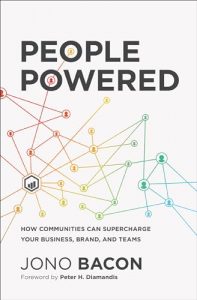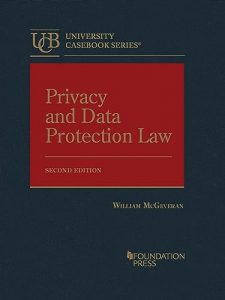Navigating the Digital Frontier: Essential Reads on Cybersecurity and Crime
In the rapidly evolving digital landscape, the importance of cybersecurity cannot be overstated. As our world becomes increasingly interconnected, the risks associated with cyber threats loom larger than ever. The need for robust security measures is not just a technical challenge but a vital societal concern. Educating oneself on these matters is the first step in fortifying defenses against a rising tide of cybercrime.
Two standout books delve into this timely theme, offering insights into cybersecurity within various sectors and analyzing crime through a multidisciplinary perspective. These books are essential reads for anyone looking to understand the complexities of safety in an interconnected world.
1. Cybersecurity for Industrial Control Systems: SCADA, DCS, PLC, HMI, and SIS
“Cybersecurity for Industrial Control Systems” by Auerbach Publications is an indispensable resource for professionals navigating the intricate cybersecurity needs of industrial systems. With the rise of the Internet of Things (IoT), many industries are facing unprecedented vulnerabilities due to their reliance on control systems like SCADA, DCS, and PLCs. This book provides a comprehensive overview of the unique risks associated with these systems, along with practical strategies to mitigate them.
The authors expertly dissect the architecture and functionality of various industrial control systems, allowing readers to grasp both theoretical and practical aspects of cybersecurity in this sphere. Furthermore, real-world scenarios and case studies enhance the reader’s understanding of how cyber threats manifest in industrial environments. This is not just a book; it’s a roadmap to safeguarding critical infrastructure. If you’re tasked with protecting sensitive industrial operations, this book is simply a must-have.
2. Cybercrime Through an Interdisciplinary Lens (Routledge Studies in Crime and Society)
“Cybercrime Through an Interdisciplinary Lens” is another compelling read that expands the dialogue around cyber threats, presented by Routledge. This thought-provoking book approaches cybercrime from diverse perspectives, combining insights from criminology, sociology, forensic science, and even psychology. By examining cybercrime through an interdisciplinary lens, the authors offer a holistic understanding of how societal factors contribute to the rise and evolution of cyber offenses.
This book is ideal for students, researchers, and professionals eager to grasp the multi-faceted nature of cybercrime. Its interdisciplinary approach not only deepens comprehension but also encourages collaboration among fields in developing countermeasures against this modern scourge. The invaluable insights within this volume arm readers with a broader context necessary for addressing the complexities of crime in the digital age.






































